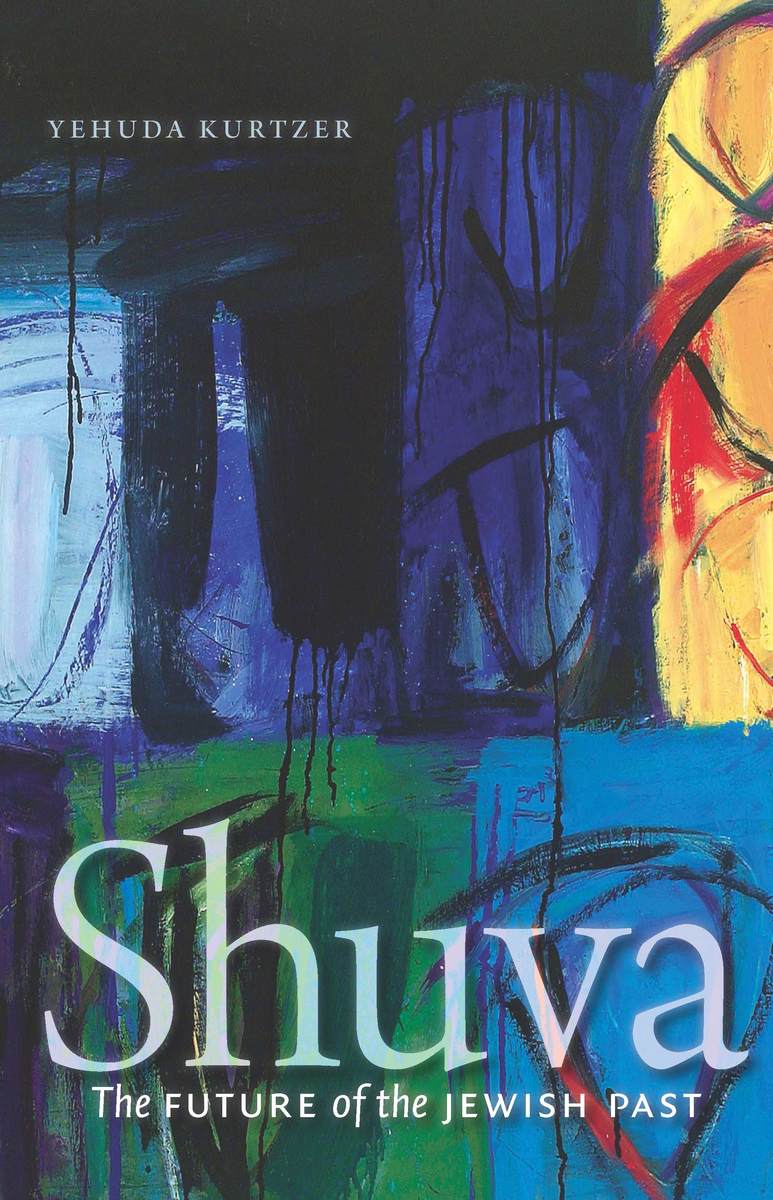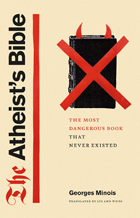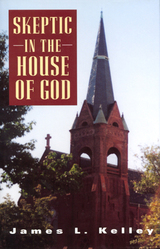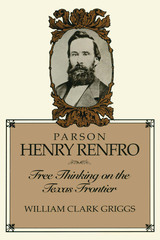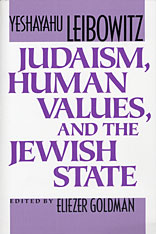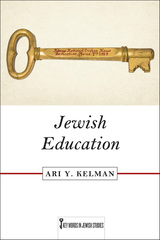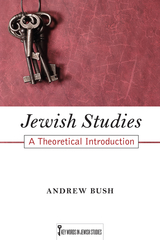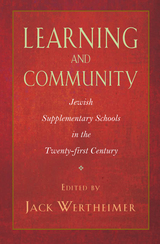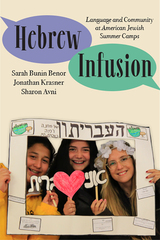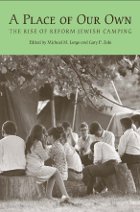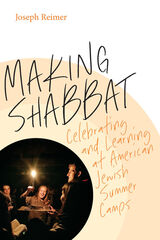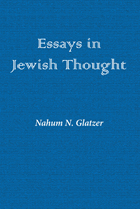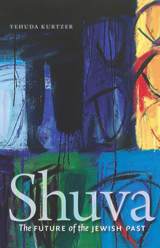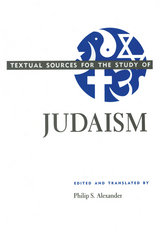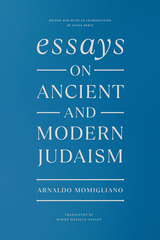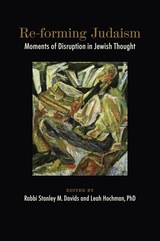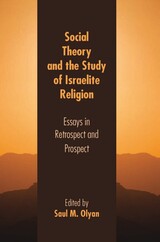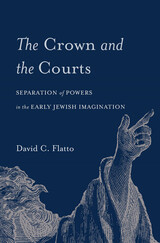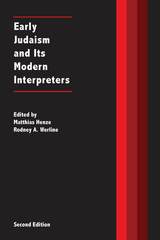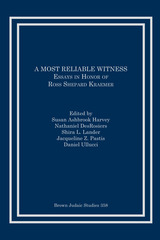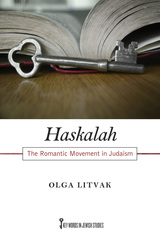Shuva: The Future of the Jewish Past
Brandeis University Press, 2012
Cloth: 978-1-61168-230-4 | Paper: 978-1-61168-231-1 | eISBN: 978-1-61168-232-8
Library of Congress Classification BM157.K87 2012
Dewey Decimal Classification 296.09
Cloth: 978-1-61168-230-4 | Paper: 978-1-61168-231-1 | eISBN: 978-1-61168-232-8
Library of Congress Classification BM157.K87 2012
Dewey Decimal Classification 296.09
ABOUT THIS BOOK | AUTHOR BIOGRAPHY | TOC
ABOUT THIS BOOK
Modern Jews tend to relate to the past through “history,” which relies on empirical demonstration and rational thought, rather than through “memory,” which relies on the non-rational architectures of mythology. By now “history” has surpassed “memory” as a means of relating to the past—a development that falls short in building identity and creates disconnection between Jews and their collective history. Kurtzer seeks to mend this breach. Drawing on key classical texts, he shows that “history” and “memory” are not exclusive and that the perceived dissonance between them can be healed by a selective reclamation of the past and a translation of that past into purposefulness.
See other books on: Commandments (Judaism) | Future | Holocaust, Jewish (1939-1945) | Love | Repentance
See other titles from Brandeis University Press
